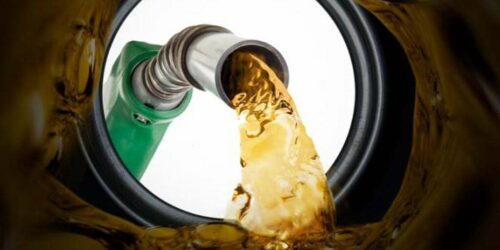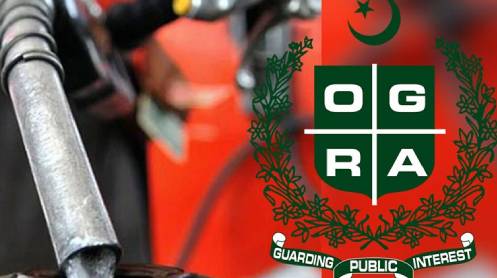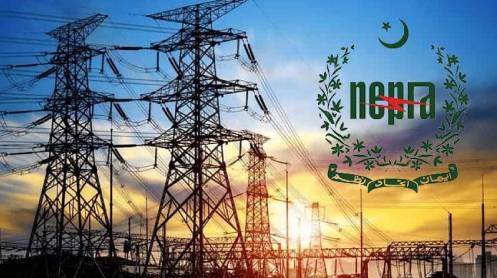The Prime Minister’s Office (PMO) released a statement citing the Prime Minister’s rejection of a proposal to increase petroleum prices by up to 14 rupees per litre effective 1 February — a proposal submitted by the Oil and Gas Regulatory Authority (Ogra) based on a rise in the international prices of oil but with taxes remaining the same as in the previous fortnight.
It is left to the government of the day to adjust taxes to maintain the prices or pass these onto the consumers partly or wholly or in times of limited fiscal space — a perennial situation in this country due as much to the government’s penchant for raising current expenditure as to its inability to widen the tax net — it raises taxes on petroleum and products widely regarded as an easy to collect tax.
This decision clearly shows that Prime Minister Imran Khan, as also evident during previous administrations, has allowed political considerations to outweigh economic compulsions. Consequentially, the government has had to reduce sales tax on POL products to zero and substantially slash the Petroleum Levy (PL) to absorb the increase in the international prices.
In this context, it is relevant to note that PL was budgeted by the incumbent finance minister to generate 610 billion rupees for the entire year (2021-22) or 50.8 billion rupees per month (an amount that was not generated for the first three months of the current fiscal year as the Prime Minister had refused to pass on the rise in the international prices to consumers).
Sales tax, a regressive tax whose incidence on the poor is greater than on the rich, generates no more than 21 to 25 billion rupees per month if the rate is at a standard 17 percent (which is 2.50 percent on petrol, 5.4 percent on high speed diesel, 8.3 percent on kerosene and 2.70 percent on light diesel).
The increase in international prices could not be fully absorbed by sales tax alone and required slashing of the PL on Motor Gasoline (Petrol) from Rs 17.62 to Rs 13.92 per litre, on High Speed Diesel (HSD) from Rs 17.14 to Rs 9.30 per litre, on Superior Kerosene Oil (SKO) from Rs 5.91 to Re 1.00 per litre and on Light Diesel Oil (LDO) from Rs 7.66 to Rs 5.50 per litre.
Ideally, the government would be hoping that the international prices of petroleum and products decline by 15 February when Ogra would submit the next pricing proposal that would mitigate the need to raise the overall prices while the pledged commitments to the Fund with respect to raising PL would be easily met. This unfortunately is highly unlikely as per forecasts especially as the Ukraine crisis does not seem to be abating.
In response to this decision by the government, the Oil Companies Advisory Council (OCAC), an umbrella organisation of the oil marketing companies and refineries in the country, has warned the government of supply-chain disruptions and increase in the oil sector’s circular debt if the government did not pass through the increase in oil prices.
OCAC, in a statement that it issued, urged the government that based on the critical condition in the industry and the increasing trend in international prices of POL, it is essential that no further petroleum differential claim (PDL) is imposed on the oil sector as it will have an unmanageable impact on the cash flow and may result in disruptions in POL supply chain.
It is relevant to recall that PDL was imposed from 2004 to 2008 that resulted in the industry bearing Rs 291 billion as cost in lieu of subsidy provided by the government to the consumers. Although the government subsequently reimbursed the industry but Rs 10 billion still remains outstanding and is in dispute.
The government cannot lay the blame on the IMF conditions as in its fourth year it has failed to shift its reliance on taxes on petroleum and products (accounting for between 20 to 25 percent of total revenue), with an immediate high degree of impact on the poor.
One can only hope that the envisaged tax reforms are speeded up and the tax structure reformed to ensure that the bulk of tax revenue is premised on the ability-to-pay principle.





